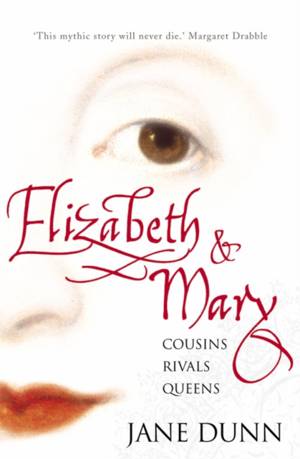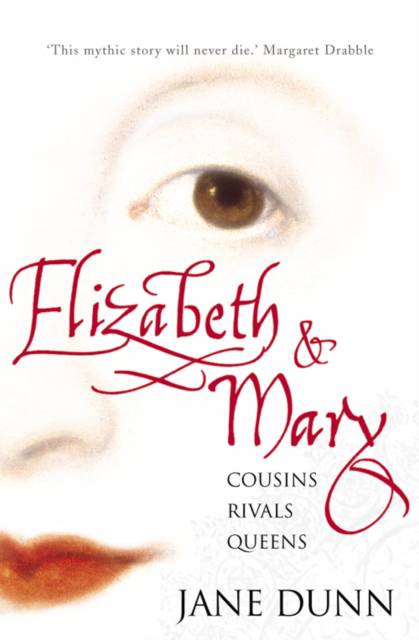
- Afhalen na 1 uur in een winkel met voorraad
- Gratis thuislevering in België vanaf € 30
- Ruim aanbod met 7 miljoen producten
- Afhalen na 1 uur in een winkel met voorraad
- Gratis thuislevering in België vanaf € 30
- Ruim aanbod met 7 miljoen producten
Zoeken
€ 23,95
+ 47 punten
Uitvoering
Omschrijving
This is the first biography of the fateful relationship between Elizabeth I and Mary Queen of Scots. It was the defining relationship of their lives and marked the intersection of the great Tudor and Stuart dynasties. At its core were their rival claims to the throne of England. Distinguished biographer Jane Dunn reveals an extraordinary story of two queens ruling in one isle, both embodying opposing qualities of character, ideals of womaliness and divinely ordained kingship. Theirs is a drama of sex and power, recklessness, ambition and political intrigue, with a rivalry that could only be resolved by death. As regnant queens in an overwhelmingly masculine world they were deplored for their femaleness, compared unfavourably with each other, and courted by the same men. book, Dunn throws new light and meaning on the complexity of their natures. She reveals an Elizabeth revolutionary in her insistence on ruling alone. Mary is not the romantic victim of history but a courageous adventurer with a reckless heart. Vengeful against her enemies and the more ruthless of the two, she was untroubled by plotting Elizabeth's murder. Elizabeth, however, was in anguish at having to sanction Mary's death warrant for treason. Working almost exclusively from contemporary letters and writings, she lets them speak to us across more than 400 years, their voices and responses surprisingly familiar to our own, their characters vivid, by turns touching and terrible.
Specificaties
Betrokkenen
- Auteur(s):
- Uitgeverij:
Inhoud
- Aantal bladzijden:
- 538
- Taal:
- Engels
Eigenschappen
- Productcode (EAN):
- 9780006531920
- Verschijningsdatum:
- 1/04/2004
- Uitvoering:
- Paperback
- Formaat:
- Trade paperback (VS)
- Afmetingen:
- 130 mm x 197 mm
- Gewicht:
- 430 g

Alleen bij Standaard Boekhandel
+ 47 punten op je klantenkaart van Standaard Boekhandel
Beoordelingen
We publiceren alleen reviews die voldoen aan de voorwaarden voor reviews. Bekijk onze voorwaarden voor reviews.











